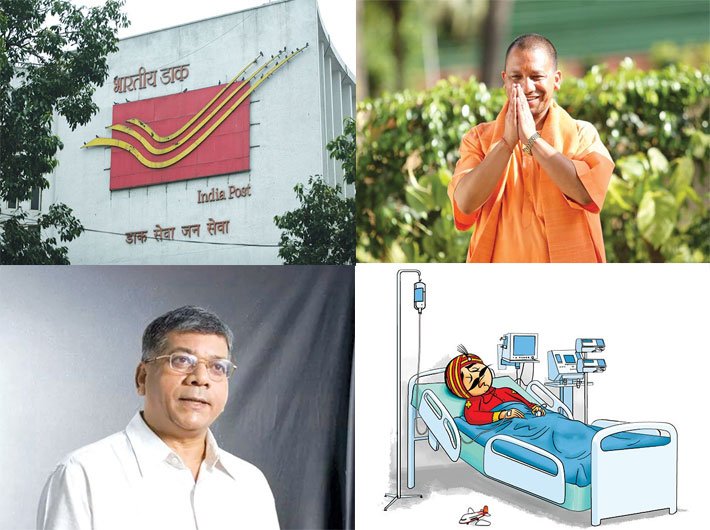Here is a list of stories you must read this weekend
GN Bureau | July 22, 2017

Although New Delhi has not officially commented on the growing footprint of Pakistan’s Inter-services Intelligence (ISI) in Bangladesh, India`s strategic and security community appears to be highly concerned over last week’s development in Dhaka. During Pakistan’s Joi
When India became the first country in the world to legislate corporate social responsibility (CSR) in 2013, it marked a bold experiment in blending profit with purpose. By law, companies with a net worth of ₹500 crore or more, or a turnover of ₹1,000 crore or more, or net profit of ₹5 crore or more
Shaolin Spirit: The Way to Self-Mastery By Shi Heng Yi Particular Book/Penguin Books, 264 pages In the history
India’s ambition to achieve Universal Health Coverage (UHC) by 2030 is faltering under the weight of low public spending, rising privatisation, and deepening inequality in access to care. Leading doctors and public health experts warn that the current system, heavily dependent on out-of-pocket spendi
The Department of Atomic Energy (DAE) organized a curtain-raiser for the upcoming Emerging Science, Technology & Innovation Conclave (ESTIC-2025) at its headquarters in Mumbai on Thursday. As one of the key organisers of the national conclave, DAE will lead the thematic session on ‘Energy, Enviro
The Department of School Education & Literacy (DoSE&L), Ministry of Education, has reaffirmed its commitment to advancing Artificial Intelligence and Computational Thinking (AI & CT) as essential components of future-ready education. The Department is supporting institutions such as CBSE, NCERT

